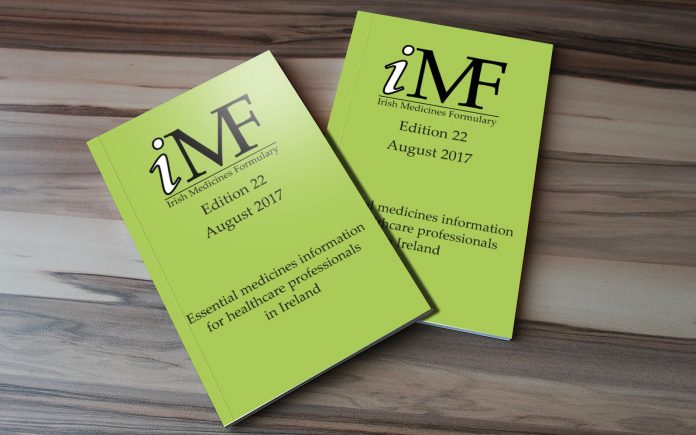Ireland seems to be the stage of some of the most bizarre pharmaceutical company behaviour these days. This month, the pharmaceutical company CSL Behring announced it will no longer provide Respreeza (human alpha1-proteinase inhibitor), a treatment for hereditary emphysema for free. Most of the patients that depend on the programme had volunteered to be part of the clinical trials to test the product, which was necessary to obtain a marketing authorisation for the product. CSL Behring did so in 2015 and priced the product at €103,768 (VAT incl.) per year’s treatment. Here you can find the cost-effectiveness evaluation by the Irish National Centre for Pharmacoeconomics (NCPE). The company has now told the patients that the donation programme they depend on will come to a halt. Of course, if they pay the price or persuade the government to pay the patients can get access to the product. This case is particularly bitter because the patients who are left out in the cold helped the company to get its marketing approval. In other walks of life, this would be called a hostage situation.
This week the Irish newspapers also reported that the US company PTC Therapeutics is going to court to force the Irish Health Service Executive (HSE) to buy Transarna (ataluren), its treatment for Duchenne’s disease, for two young patients. The product is priced at €505,698 (VAT incl.) per treatment. Here is the cost-effectiveness evaluation of the product by the NCPE. The HSE had declined to fund the treatment because of concerns over cost and clinical effectiveness. The company said it felt compelled to go to court “on behalf of the two boys” to ensure they can benefit from the treatment while the disease is still at an early stage. This is a bizarre statement when the one entity that can actually ensure access to this treatment is PTC Therapeutics themselves. Let’s hope that the court takes the side of the patients and orders the company to lower the price of their medicine to the level the government is willing to pay.
The problem of high drug prices is not going to go away anytime soon. Last week the US Food and Drug Administration approved a new cancer treatment by Novartis (CAR-T treatment, brand name Kymriah) that comes with a price tag of US$ 475,000 per treatment. How on earth is any health system, let alone individuals, going to afford this. Companies will argue that these prices are necessary to pay for the R&D. Tinker with the price and innovation will go out of the window, is the message. Policy makers have largely accepted this reasoning without ever asking to see the books. Knowledge Ecology International pointed out that Novartis received an Orphan Drug designation on February 3, 2015, and as a result received a tax credit subsidy from the United States equal to 50 percent of the cost of the qualifying clinical trials. In other words, the public already pays a hefty part of the R&D bill. Another recent study of R&D expenditure by companies published in JAMA Internal Medicine offers some key insight into the real cost of R&D for cancer medications. The authors studied US Securities and Exchange Commission filings for ten cancer drugs and found that the median cost of developing a new cancer drug is $650 million. This is a far cry from the $2.7 billion the industry claims it cost. James Love makes some important comments on the JAMA study and gives additional data on the cost of R&D in this Harvard Law Blog pointing out that the search for the one R&D cost figure blurs the fact that R&D expenditures may differ widely depending on the product. These studies should help to develop a more evidence based policy with regard to pricing of medicines.
Ellen ‘t Hoen, LLM PhD, is a lawyer and public health advocate with over 30 years of experience working on pharmaceutical and intellectual property policies.
